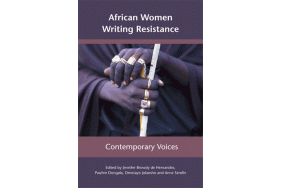This article is part of a special issue on water and water privatisation in Africa produced as a joint initiative of the Transnational Institute, Ritimo and Pambazuka News. This special issue is also being published in French.
Mali’s Dogon have traditionally seen water as a source of life and (…)
The commodification of water and land in Mali
By Sékou Diarra


